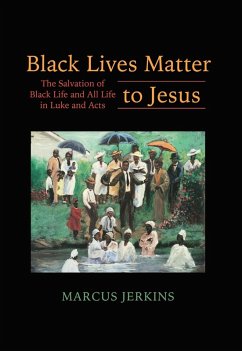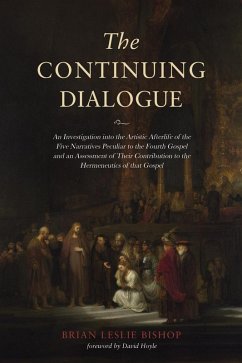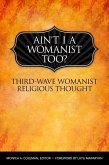In Acts, Luke explores the initial return of Israel and all ethnicities to God through the witness of the church empowered by the Spirit. To epitomize the return of all nations to God, Luke narrates the salvation of Black-skinned Africans. These Black lives are emphasized to signify that their representation in the church demonstrates the universal extent to which the salvation of Jesus Christ will reach. Their presence in the church is also meant to dignify their Black skin against an aesthetic bias that was prevalent in Greco-Roman views at that moment. This subversion of ethnographic bias helped Luke's audience sustain a gospel-centered critique against the devaluation of Black life.
Dieser Download kann aus rechtlichen Gründen nur mit Rechnungsadresse in A, B, BG, CY, CZ, D, DK, EW, E, FIN, F, GR, HR, H, IRL, I, LT, L, LR, M, NL, PL, P, R, S, SLO, SK ausgeliefert werden.









